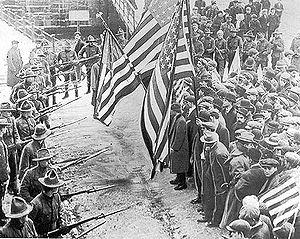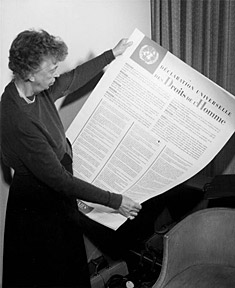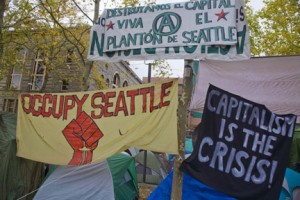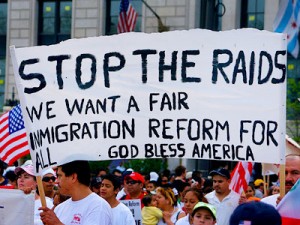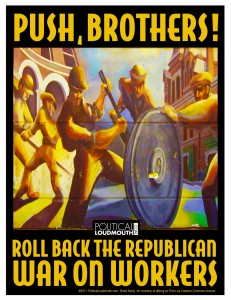Soul of the Longshore
‘We Have the Right to Decide What Kind of World It’s Going to Be’
by David Bacon
Leo Robinson was a Black leader of the longshore union in San Francisco. He died this week. For many of us, he was a lifelong companion, an example of what being an internationalist and a working class activist was all about.
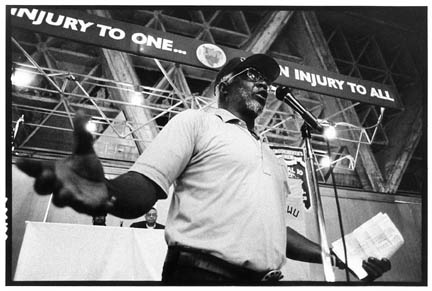 Leo Robinson came into the International Longshore and Warehouse Union because of a deal made by Harry Bridges and the Communists who led the waterfront strike of 1934. That strike metastasized and became a three-day general strike after cops shot and killed three strikers. It was the birth of the ILWU, and changed the political history of the west coast.
Leo Robinson came into the International Longshore and Warehouse Union because of a deal made by Harry Bridges and the Communists who led the waterfront strike of 1934. That strike metastasized and became a three-day general strike after cops shot and killed three strikers. It was the birth of the ILWU, and changed the political history of the west coast.
The radical leaders on the docks were both black and white. But the bosses who controlled the jobs on the waterfront always showed preference for the white gangs. Black crews got the worst jobs, when they were hired to unload ships at all. All workers on the docks were hungry, poor and desperate for work. But Black dockers were the hungriest of all. (more…)
